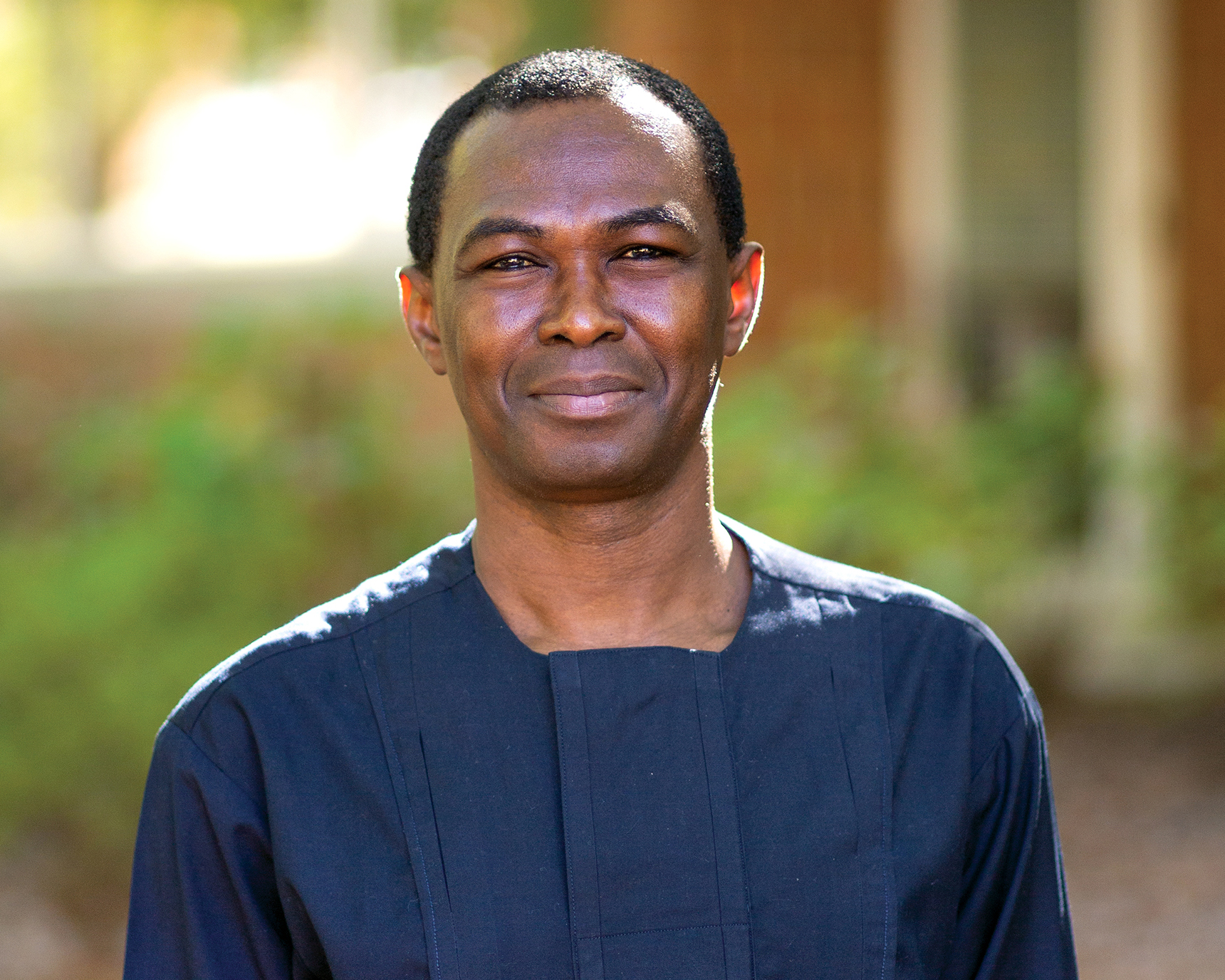Affiliation: Northwestern University

Professor Akin Ogundiran is the Cardiss Collins Professor of Arts and Sciences, Professor of History, and Affiliate Professor in Anthropology and Black Studies at Northwestern University. He is also the current President of the Society of Africanist Archaeologists and past Editor-in-Chief of African Archaeological Review. He received his PhD from Boston University. His research interests focus on empire, urbanism, class, gender, household formation, and landscape history over the past 2500 years in the Yoruba World (West Africa) and the Black Atlantic, from the Early Iron Age (500 BC–AD 40) to the Early Modern Period (AD 1500-1840). His research has been supported by several institutions, including AIA-NEH, National Humanities Center, National Geographic, Wenner-Gren Foundation, and American Philosophical Society. Professor Ogundiran is the author of several award-winning publications, including Materialities of Ritual in the Black Atlantic (Indiana University Press, 2014), which won Choice’s Outstanding Academic Title in 2015, and The Yoruba: A New History (Indiana University Press, 2020), recipient of the 2022 Vinson Sutlive Book Prize and the 2022 Isaac Oluwole Delano Prize for Yoruba Studies. He is a Fellow of the Society of Antiquaries of London and a Member of the Nigerian Academy of Letters. He is one of the AIA Joukowsky lecturers for the 2024/2025 National Lecture Program season.
Between ca. 1650 and 1800, the Ọyọ Empire was the largest political formation in West Africa, south of the River Niger. Over the past twenty years, Akin Ogundiran has conducted archaeological research in the capital, colonies, and provinces of the empire to understand the strategies of Ọyọ expansion and the everyday lives of different segments of its population. In this talk, Ogundiran juxtaposes the materialities of military conquest, colonization strategies, and household politics to tell an intimate story of one of the most important imperial formations in Africa during the Early Modern Period. Here, the regional and multi-sited scope and the residential contexts of the archaeological research allow for a fine-scale understanding of how domesticity, gender, class, labor, technology, mobility, and the landscape were manipulated to fashion the Ọyọ Empire. In the process, ideas about personhood, family, and sexuality were also transformed. The archaeology of the Ọyọ Empire contributes to a truly global understanding of the Early Modern Period.
Notifications